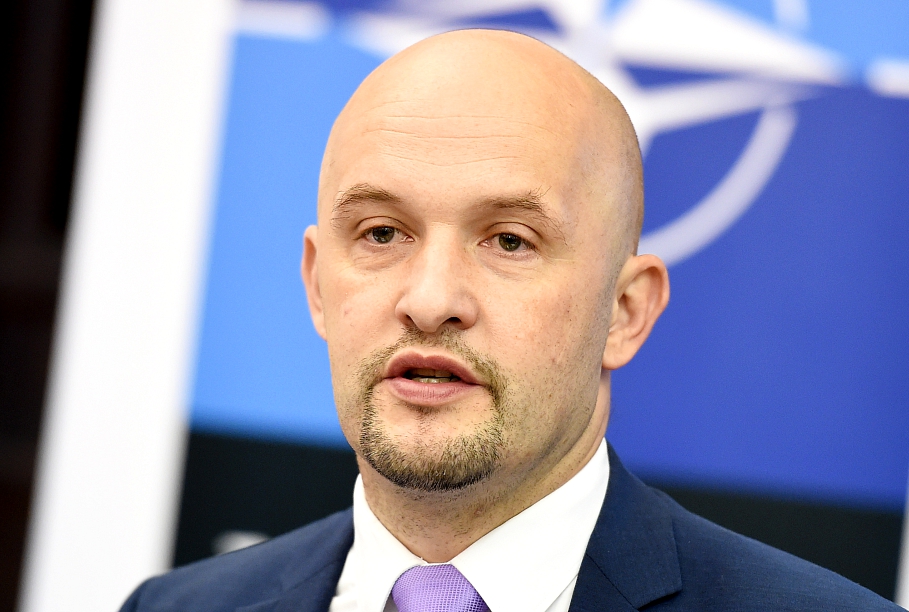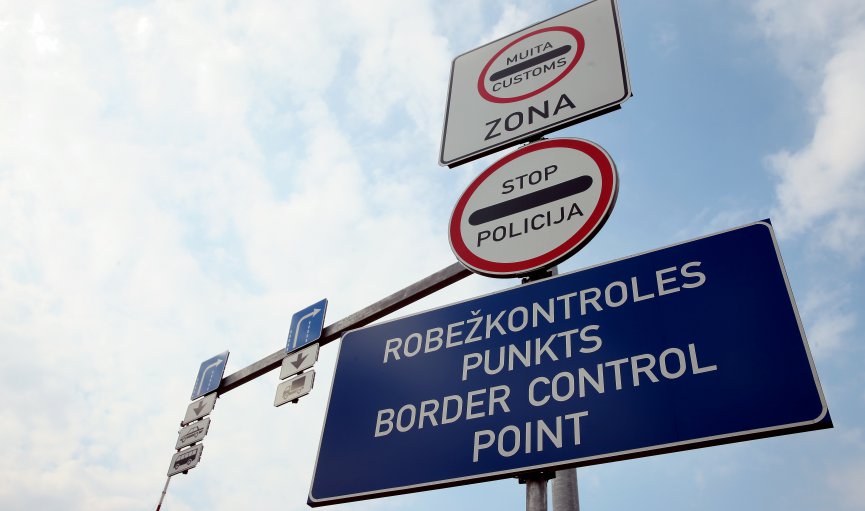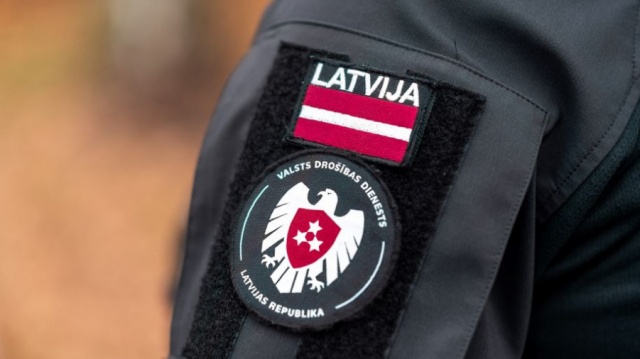“During the last week the amount of Russian disinformation has decreased, but the amount of disinformation from China has increased,” said Sārts.
According to the director, there is a very large amount of disinformation related to Covid-19, and it has affected the whole world. Experts have found two main types of disinformation - China claims that the virus wasn't created in their country and spreads conspiracy theories that it's a biological weapon created in the US, while Russia emphasizes how the European Union can't deal with the virus. Sārts said that the amount of misinformation from Russia is decreasing.
Many fraudsters have also been active during the crisis, spreading misleading information about products and claiming that they have preventative properties. This can lead to people doing real damage to their health. “There are those who try to attract clicks with sensational texts. There are conspiracy theory groups who try to construct various theories,” said Sārts. But he feels that Latvia is comparatively more prepared for such a spread of disinformation.
“We were subject to various forms of disinformation on a daily basis before that. It's allowed people to become better oriented in such situations compared to other countries,” said the director.
Popular social networks such as Facebook and Instagram, as well as messaging applications like WhatsApp and Telegram are doing what they can, but despite proactive measures (including an official fact checker in Latvia) they aren't always able to deal with the volume of disinformation. “I truly invite people to report Covid-related fake information, especially those that involve bold claims that will, let's say, keep you from getting sick or recover quickly,” said Sārts.
As previously reported, Defense Minister Artis Pabriks (Development/For) also urged people to carefully evaluate information regarding the coronavirus pandemic. State Police representative Simona Grāvīte confirmed that authorities are monitoring the situation to minimize the spread of fake news. Each situation is individually evaluated, but those spreading false claims could be charged with hooliganism or disturbance of public order. If you notice such harmful fake news write to [email protected].
Also reported, social media company Facebook announced it's partnering with "independent, third-party fact-checkers" in the Baltic states who will review and rate the accuracy of content. However, Facebook did not say it would actually remove inaccurate or misleading material.
The policy differs from that of traditional media, in which standard procedure would be not to allow publication of false stories wherever possible and would result in retractions, corrections and apologies as and when inaccurate material is detected. Facebook said it has over 55 partners fact-checking content in over 45 languages globally.






























